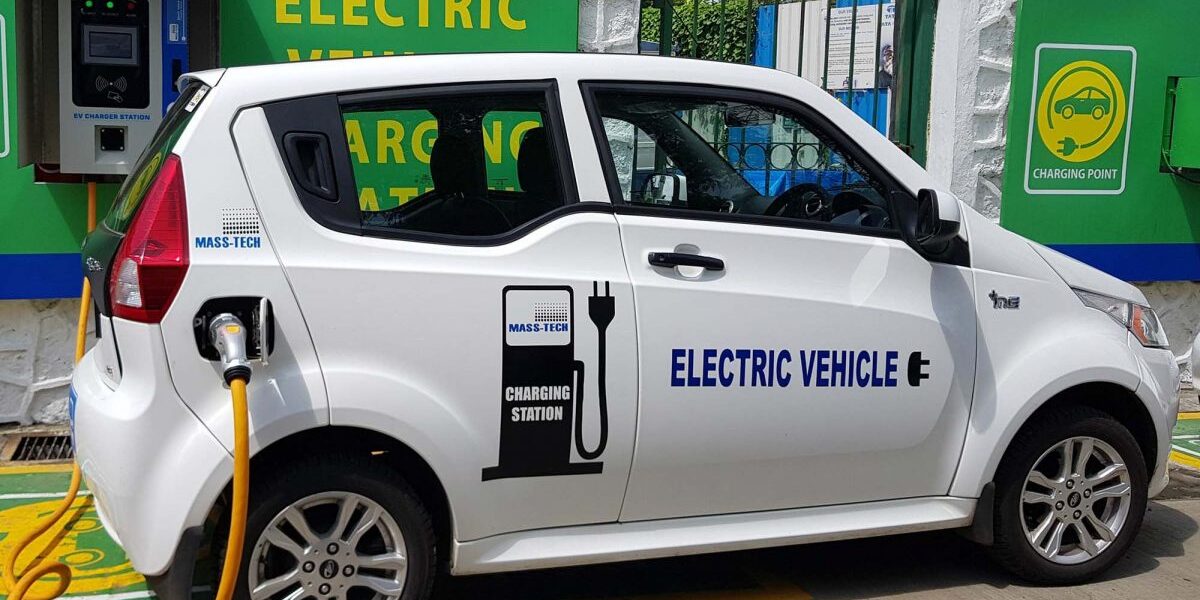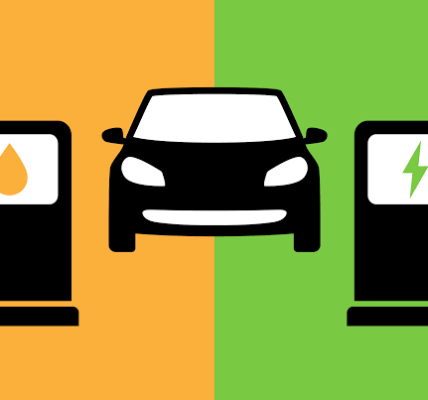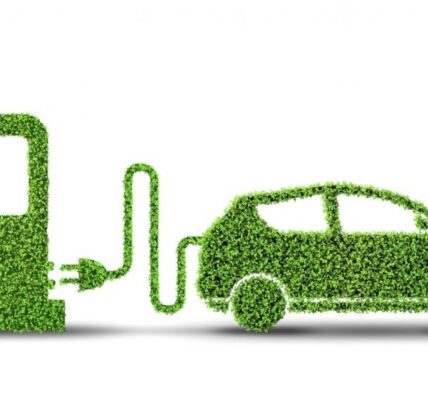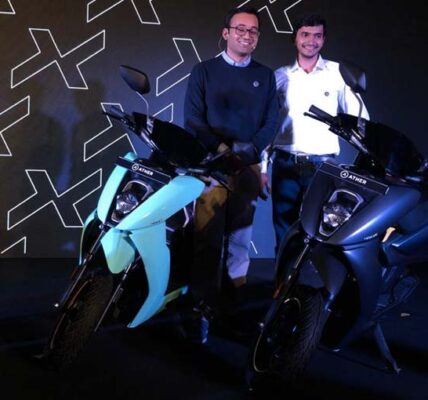India Electric Vehicle Market To Reach US$ 14,913 Million By 2027, Supported By The Increasing Demand For Eco-Friendly Vehicles
According to the latest report by IMARC Group, titled “India electric vehicle Market: Industry Trends, Share, Size, Growth, Opportunity and Forecast 2022-2027,” the India electric vehicle market reached a value of US$ 404 Million in 2021. An electric vehicle (EV) refers to a self-propelling automotive vehicle that stores energy in rechargeable batteries to provide power instead of an internal combustion engine (ICE). Some of the key components of EVs include a power electronic controller, energy-storing unit, propulsion system, charge port, electric traction motor, onboard charger, thermal system (cooling), and transmission. At present, EV is commercially available in battery, hybrid, and plug-in hybrid electric vehicle types. They assist in reducing noise pollution, providing higher speed output, ensuring zero carbon emissions, and optimizing the overall performance and efficiency of the automobile. Apart from this, EVs are sustainable, durable, requires low-maintenance and are easy to use, due to which they are extensively adopted as an effective alternative to conventional automobiles.
India Electric Vehicle Market Trends:
With the rising environmental concerns and inflating prices of transportation fuels, including petrol and diesel, there has been increasing demand for low-emission and eco-friendly vehicles, which represents one of the key factors currently driving the EV market growth in India. In line with this, the rising awareness regarding the detrimental effects caused by conventional fuels have prompted the Government of India (GoI) to promote the uptake of battery-powered mobility solutions, such as EVs to mitigate greenhouse gas (GHG) emissions, which is acting as another major growth-inducing factor. Additionally, the implementation of electrification programs and extensive investments by the regulatory bodies to provide subsidies to establish and upgrade private and public charging infrastructure for EV vehicles are contributing to the market growth. Moreover, the shifting inclination of manufacturers toward lithium-ion (Li-Ion) and electric vehicle batteries over internal combustion engines (ICEs) owing to their various beneficial properties, such as superior efficiency and better driving experience, is propelling the market growth. Other factors, including the introduction of eco-friendly ridesharing EVs and strategic collaborations amongst original equipment manufacturers (OEMs) to engineer sensors and geographic positioning system (GPS) integrated EVs, are creating a positive outlook for the market across the country. On account of the aforementioned factors, the market is anticipated to reach a value of US$ 14,913 Million by 2027, growing at a CAGR of 87% during 2022-2027.
Market Summary:
- Based on the vehicle type, the market has been segmented into passenger, commercial vehicles, and others.
- On the basis of the price category, the market has been bifurcated into mid and high/luxury range.
- Based on the propulsion type, the market has been segregated into battery, hybrid, and plug-in electric vehicle.
- Based on the region, the market has been categorized into North, West and Central, South, and East India.
- The competitive landscape of the market has been examined, with some of the key players being Ampere Vehicles Private Limited (Greaves Cotton Limited), Ather Energy Pvt Ltd, Atul Auto Limited, Bajaj Auto Limited (Bajaj Group), Electrotherm (India) Ltd., Hero Electric (Hero Eco Group), Hyundai Motor India Limited (Hyundai Motor Company), JBM Auto Limited, Mahindra Electric Mobility Limited (Mahindra & Mahindra Ltd), MG Motor India Pvt. Ltd (SAIC Motor Corporation Limited), Okinawa Autotech Pvt. Ltd, Olectra Greentech Ltd., Piaggio Vehicles Pvt. Ltd. (PIAGGIO & C. SPA), Tata Motors Limited (Tata Group), TVS Motor Company (Sundaram – Clayton Limited), and VE Commercial Vehicles Limited.







